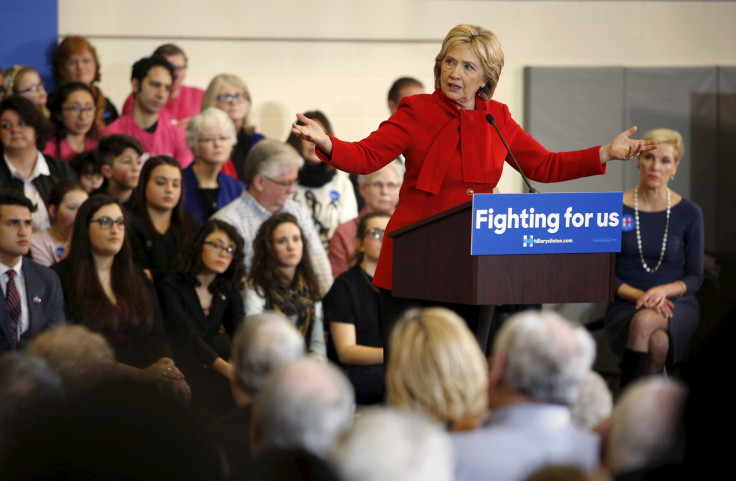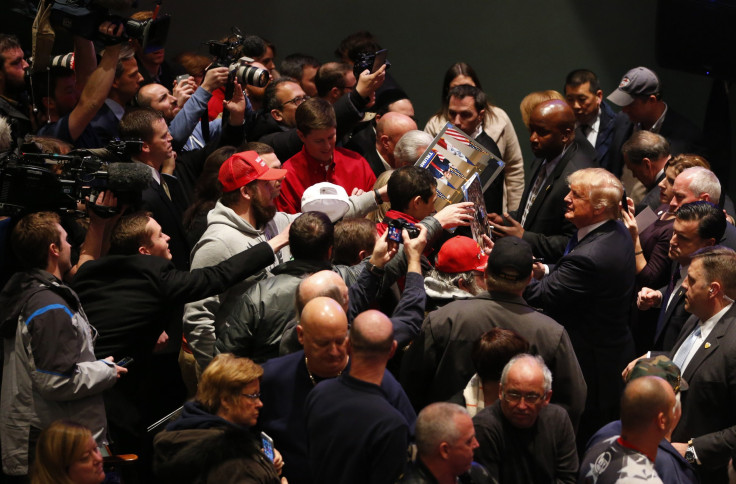Iowa Caucuses 2016: When Does Voting Start, How To Get Results And Everything Else You Need To Know

After weeks of showering attention on the voters of the Hawkeye State, candidates will learn how they fare after voters head to caucuses Monday night. Voting in Iowa is the first in the nation and can serve as an important early indicator for candidates.
When Does Voting Start? Both Democratic and Republican party members will caucus at the same time beginning at 7 p.m. CST (8 p.m. EST) in all of the state’s 99 counties in 1,681 precincts, the Associated Press reported. Experts expect a large showing at this year’s caucus for both parties.
How Do the Caucuses Work? The two parties caucus in different ways, with Democrats forming groups and then declaring their support for a candidate. Candidates must have at least 15 percent of voters. If they don’t, that’s when heated debates and lobbying begin. When groups are selected and the number supporting each candidate is determined, vote numbers come from using a formula. For Republicans, the process is simpler with caucus-goers filling out ballots to choose their preferred candidate.
Republican results in Iowa have not been as accurate in ultimately predicting who will become president. Here’s a list of past Iowa winners.

How to Get Results? Results will be available online throughout the evening with the Des Moines Register devoting a special section of its website to the caucus available here. Major television networks will be covering the event live. This year for the first time Democratic party precinct chairs will report their local results through a mobile application.
Where Do Candidates Go Next? After Iowa, candidates will next move on to New Hampshire, which holds the first primary in the nation Feb. 9. After stops in the Granite State, Democratic and Republican candidates will split their time between Nevada and South Carolina. The Democratic caucus in Nevada is scheduled for Feb. 20, the same day as the South Carolina Republican primary. The Republican Nevada caucus takes place Feb. 23 while the South Carolina Democratic primary will take place Feb. 27.
March will be an especially busy and important month for candidates with caucuses and primaries across the nation and in U.S. territories. A full list is available from the New York Times here.
© Copyright IBTimes 2025. All rights reserved.






















